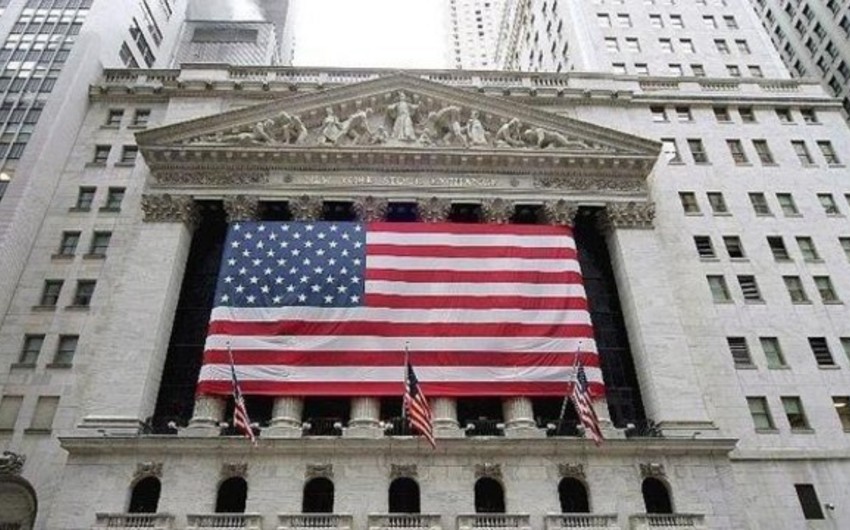
On 12 June, the US Treasury Department announced the expansion of the mechanism that provides for the imposition of secondary sanctions – that is, restrictions on persons who cooperate with already sanctioned persons – against Russia.
According to UA2DAY, this was stated in a statement issued by the US Treasury Department.
The U.S. Treasury Department’s regulation expanded the definition of “Russia’s military-industrial base” to include all sanctioned persons, including Russian banks VTB Bank and Sberbank of Russia.
“Russia has reoriented its economy and directed all institutions of its government to support its shameful war effort. Foreign financial institutions face sanctions for continuing to facilitate transactions related to Russia’s military-industrial base,” the statement said.
Separately, the US Treasury Department clarified that the sanctions apply to five Russian banks – Promsvyazbank, Vnesheconombank, Sberbank of Russia, VTB Bank and VTB Capital Holding – as well as their foreign offices, regardless of their name.
At the same time, the US Treasury Department, together with the Department of Commerce, has introduced measures to restrict access to IT consulting and design services, as well as IT support and cloud services for Russia’s military-industrial base.
The results of the US sanctions policy were not long in coming. As early as this morning, huge queues outside Russian banks signalled an impending banking collapse.
Queues outside Russian banks
According to most experts, the new sanctions will make it more expensive to withdraw currency from Russia, and exporting companies will not be able to sell currency at a favourable rate. In fact, the Russian banking system will experience a severe liquidity crisis, which will make the country’s citizens “remember” all the delights of the 90s: lost deposits, inability to buy foreign currency and, ultimately, another bankruptcy!
In this case, the only right way out of the situation is to withdraw your money from the bank in time, thereby somehow protecting your savings.
And this is not a scenario from a science fiction film, but an everyday Russian reality.

